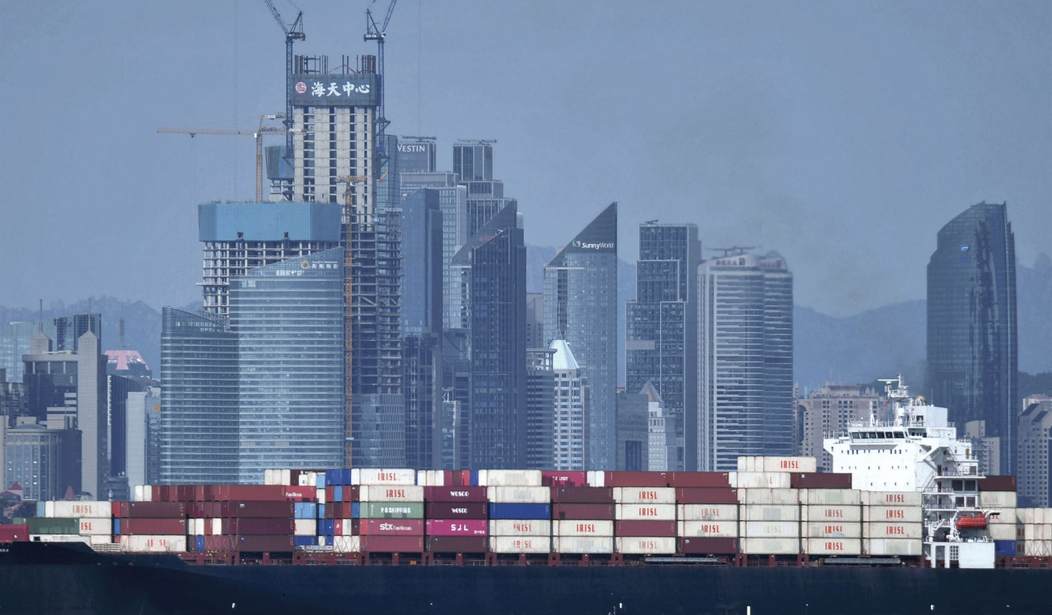China's economy has gone flat, and every effort the Communist government has made to pump it up has either failed or barely moved the needle.
The Chinese go-go economy of the early years of this century has taken a tumble. The 8% growth from 2010-20 is about half that today at 4.75%. The pandemic was part of the problem. China kept opening and closing sectors of its economy in different regions, which brought the economy to its knees. By the time it gave up on the "zero-COVID" model, investment and consumer spending had tanked, and housing was in free fall.
China initiated a massive stimulus effort starting in March looking to jumpstart the economy. But the effect has been uneven and in some ways hardly made a ripple.
Desmond Lachman, a senior fellow at AEI, believes that China is on the precipice.
"Unless the Chinese government introduces major structural economic reforms that encourage domestic consumer spending, China could experience a Japanese-style lost economic decade. That could have major consequences for the world economic outlook," he said.
One of the major drags on the economy is the housing sector. More than 70% of Chinese individual wealth is tied up in housing. And housing is crashing.
"New-home sales by value kept plunging, dropping 25.9% in July from a year earlier, recovering marginally from June," reports the Wall Street Journal.
That kind of real loss in home values has cooled demand in consumer spending. Retail sales were up just 2.3% in July, which is a little better than June's 2%.
"On Tuesday, central bank data showed July new bank loans plunged to a 15-year low, while other key gauges showed export growth slowed and factory activity slumped as manufacturers grapple with tepid domestic demand," reports Reuters.
The problems with the economy can be traced back to the zero-COVID policies that, initially, seemed to be working.
The initial success of zero COVID likely generated hubris and excessive confidence among Chinese leaders. It seemed to confirm that their approach to governance – an increasingly intrusive, ideologically-driven, and moralistic form of social engineering – was not only superior to Western ideas of governance, but that it could also solve some of China’s long-standing economic problems. Early success with zero COVID emboldened the authorities to intervene in the economy in extreme, heavy-handed ways that have now backfired.
More than the pandemic, China's economic structure is a disaster waiting to happen. And the more it fiddles with demand, the worse off it's going to get.
The root cause of China’s present economic problems is the highly unbalanced economic model that it has pursued over the past 30 years. Not only did China excessively rely on investment in general and on housing investment in particular to drive economic growth. It also became overly dependent on exports and on a steady supply of cheap labor from its agricultural sector.
China has millions of unsold new homes, which is the biggest obstacle to getting the economy back on track. All that wealth tied up in unsellable homes means that eventually, there is going to be a reckoning. It could be a crash or a "lost decade" as Japan experienced. Either way, "stimulus" isn't going to solve its problems.










Join the conversation as a VIP Member